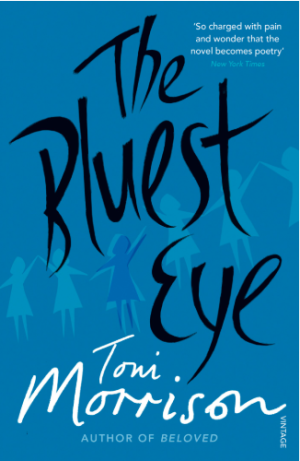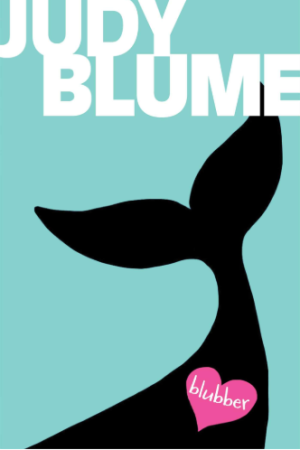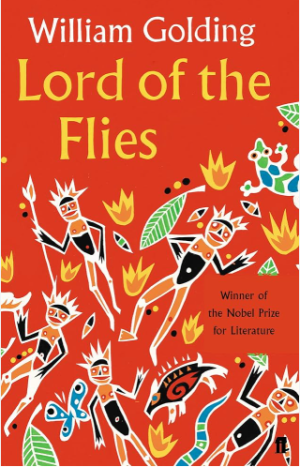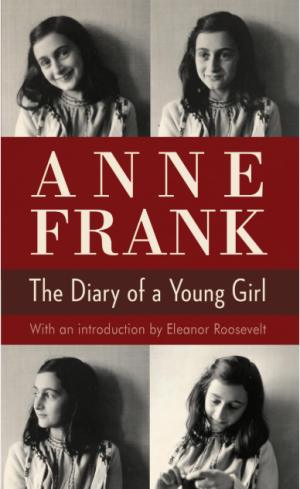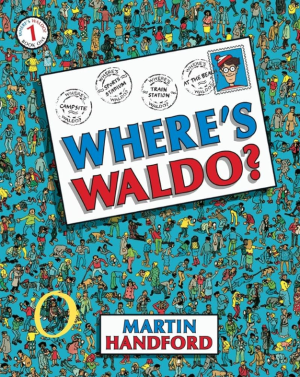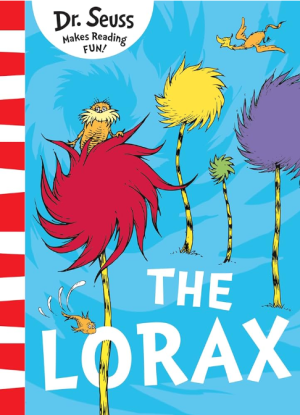13 popular books banned for jaw-dropping reasons—find out why!
By
Aubrey Razon
- Replies 0
Book banning is a practice as old as history itself, with reasons that can be both baffling and surprising. From ancient times to today, the motives behind banning books vary wildly.
You won’t believe some of the outrageous reasons these popular books were banned!
Today, we're diving into the peculiar world of literary censorship to explore 13 books that have been banned for reasons that may just leave you scratching your head.
Yet, in 1983, some parents in Xenia, Ohio, found the book's lessons on lying, spying, and back-talking too much for young readers.
Despite their efforts, the challenge to remove the book from schools was unsuccessful, preserving Harriet's place in children's literature.
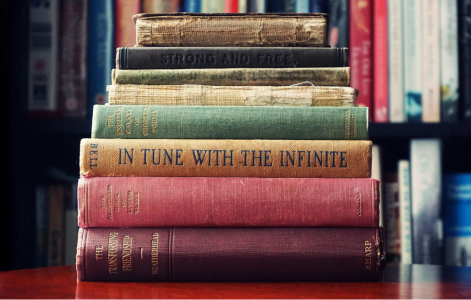
Toni Morrison's debut novel, The Bluest Eye, has faced numerous bans due to its raw portrayal of difficult themes.
However, in a bizarre twist, a Columbus, Ohio school board member in 2014 denounced the book for having a “socialist-communist agenda,” a claim that seems to miss the novel's profound exploration of race, beauty, and identity.
In 1982, the Fond du Lac school district in Wisconsin challenged the book for being “sexually offensive and amoral,” particularly due to its discussions of menstruation—a natural part of teenage life.
Another Judy Blume novel, Blubber, addresses bullying and the importance of true friendship.
Yet, some parents and school boards have objected to the book's language and perceived lack of moral consequences, missing the opportunity to engage in meaningful conversations about peer pressure and kindness.
William Golding's Lord of the Flies is a Nobel Prize-winning novel that delves into the darkness of human nature.
Despite its literary acclaim, the book has been banned for being 'demoralizing' and promoting the idea that “man is little more than an animal,” as was the case in a North Carolina high school in 1981.
The ban was quickly reversed, but the incident highlights the lengths to which some will go to shield children from certain knowledge.
The book also faced accusations of promoting Satanism, suicide, and cannibalism, a stark contrast to its playful intent.
Anne Frank's poignant diary, written while hiding from the Nazis, has been an essential historical document for decades.
Yet, some have sought to ban the book for its frank discussions of sexuality, as was the case in the Culpeper County School District in 2010.
The decision was later reversed, but not before sparking a debate on the importance of preserving historical truth.
However, in 2006, Kansas parents challenged the book, claiming that anthropomorphic animals were “sacrilegious and disrespectful to God,” an argument that seems to overlook the book's heartwarming message.
The search for Waldo in Martin Handford's intricate illustrations has been a fun challenge for readers.
Yet, a topless sunbather in a beach scene led to the book's ban in a New York school library in 1993, sparking a debate over the appropriateness of nudity in children's books.
The mix-up led to a temporary removal of this cherished children's book from the curriculum.
Dr. Seuss's The Lorax faced opposition from families in the logging industry in 1989, who felt the book unfairly criticized their livelihood.
The attempt to ban the book from a California school reading list was unsuccessful, but it sparked a conversation about the role of environmental themes in children's literature.
The reasons behind these bans range from the understandable to the outlandish, but they all share a common thread: the power of books to provoke thought, challenge norms, and sometimes, ruffle feathers.
As we reflect on these stories, we're reminded of the importance of open dialogue and the freedom to read.
Whether it's a tale of a young girl's espionage or a spider's web of friendship, each book offers a unique window into the human experience.

Have you read any of these banned books? Were you surprised by the reasons behind their censorship? Share your thoughts and experiences in the comments below.
You won’t believe some of the outrageous reasons these popular books were banned!
Today, we're diving into the peculiar world of literary censorship to explore 13 books that have been banned for reasons that may just leave you scratching your head.
1. Harriet the Spy: A classic under scrutiny
Louise Fitzhugh's 1964 classic, Harriet the Spy, has delighted generations with its tale of an 11-year-old girl whose private notebook of observations leads to unexpected consequences.Yet, in 1983, some parents in Xenia, Ohio, found the book's lessons on lying, spying, and back-talking too much for young readers.
Despite their efforts, the challenge to remove the book from schools was unsuccessful, preserving Harriet's place in children's literature.

Banning books remains a contemporary issue with a sharp rise in book challenges. Image source: Suzy Hazelwood/Pexels.
2. The Bluest Eye: A misunderstood masterpiece
Toni Morrison's debut novel, The Bluest Eye, has faced numerous bans due to its raw portrayal of difficult themes.
However, in a bizarre twist, a Columbus, Ohio school board member in 2014 denounced the book for having a “socialist-communist agenda,” a claim that seems to miss the novel's profound exploration of race, beauty, and identity.
3. Are You There God? It's Me, Margaret: The controversy of coming-of-age
Judy Blume's candid depiction of adolescence in Are You There God? It's Me, Margaret has made it a frequent target for censorship.In 1982, the Fond du Lac school district in Wisconsin challenged the book for being “sexually offensive and amoral,” particularly due to its discussions of menstruation—a natural part of teenage life.
4. Blubber: Lessons on bullying gone unappreciated
Another Judy Blume novel, Blubber, addresses bullying and the importance of true friendship.
Yet, some parents and school boards have objected to the book's language and perceived lack of moral consequences, missing the opportunity to engage in meaningful conversations about peer pressure and kindness.
5. Lord of the Flies: A dark mirror to society
William Golding's Lord of the Flies is a Nobel Prize-winning novel that delves into the darkness of human nature.
Despite its literary acclaim, the book has been banned for being 'demoralizing' and promoting the idea that “man is little more than an animal,” as was the case in a North Carolina high school in 1981.
6. The Merriam-Webster Dictionary: A surprising addition
In an almost comical episode, the 10th edition of the Merriam-Webster Dictionary was removed from California classrooms in 2010 after a parent complained about the definition of “oral sex.”The ban was quickly reversed, but the incident highlights the lengths to which some will go to shield children from certain knowledge.
7. A Light in the Attic: The perils of poetry
Shel Silverstein's whimsical collection of poems in A Light in the Attic was banned in Beloit, Wisconsin, for fear that it would encourage children to break dishes—a literal interpretation of a humorous poem.The book also faced accusations of promoting Satanism, suicide, and cannibalism, a stark contrast to its playful intent.
8. The Diary of a Young Girl: Anne Frank's enduring legacy
Anne Frank's poignant diary, written while hiding from the Nazis, has been an essential historical document for decades.
Yet, some have sought to ban the book for its frank discussions of sexuality, as was the case in the Culpeper County School District in 2010.
The decision was later reversed, but not before sparking a debate on the importance of preserving historical truth.
9. Charlotte's Web: Talking animals and theological debates
E.B. White's Charlotte's Web is a beloved children's story about friendship and loss.However, in 2006, Kansas parents challenged the book, claiming that anthropomorphic animals were “sacrilegious and disrespectful to God,” an argument that seems to overlook the book's heartwarming message.
10. The Adventures of Huckleberry Finn: Beyond the language
Mark Twain's The Adventures of Huckleberry Finn is often contested for its racial language, but in 1905, the Brooklyn Public Library banned the book for Huck's unrefined manners, such as scratching an itch and using the word “sweat” instead of “perspiration.”11. Where's Waldo?: The hidden controversy
The search for Waldo in Martin Handford's intricate illustrations has been a fun challenge for readers.
Yet, a topless sunbather in a beach scene led to the book's ban in a New York school library in 1993, sparking a debate over the appropriateness of nudity in children's books.
12. Brown Bear, Brown Bear, What Do You See?: A case of mistaken identity
Bill Martin Jr.'s Brown Bear, Brown Bear, What Do You See? was mistakenly banned by the Texas State Board of Education in 2010 due to confusion with another author of the same name.The mix-up led to a temporary removal of this cherished children's book from the curriculum.
13. The Lorax: An environmental message misconstrued
Dr. Seuss's The Lorax faced opposition from families in the logging industry in 1989, who felt the book unfairly criticized their livelihood.
The attempt to ban the book from a California school reading list was unsuccessful, but it sparked a conversation about the role of environmental themes in children's literature.
The reasons behind these bans range from the understandable to the outlandish, but they all share a common thread: the power of books to provoke thought, challenge norms, and sometimes, ruffle feathers.
As we reflect on these stories, we're reminded of the importance of open dialogue and the freedom to read.
Whether it's a tale of a young girl's espionage or a spider's web of friendship, each book offers a unique window into the human experience.
Key Takeaways
- Banning books remains a contemporary issue with a sharp rise in book challenges, especially in public libraries and K-12 schools in the United States.
- Some books are banned or challenged for absurd reasons, from encouraging disobedience and disrespect to containing perceived underlying political agendas.
- Iconic and classic books such as The Diary of a Young Girl by Anne Frank and Charlotte's Web by E.B. White have faced bans for reasons ranging from detailed passages on puberty to talking animals being deemed unnatural.
- The actions of banning books often reflect broader social concerns and debates about education, censorship, and cultural norms, leading to a variety of responses and sometimes subsequent reversals of the bans.

